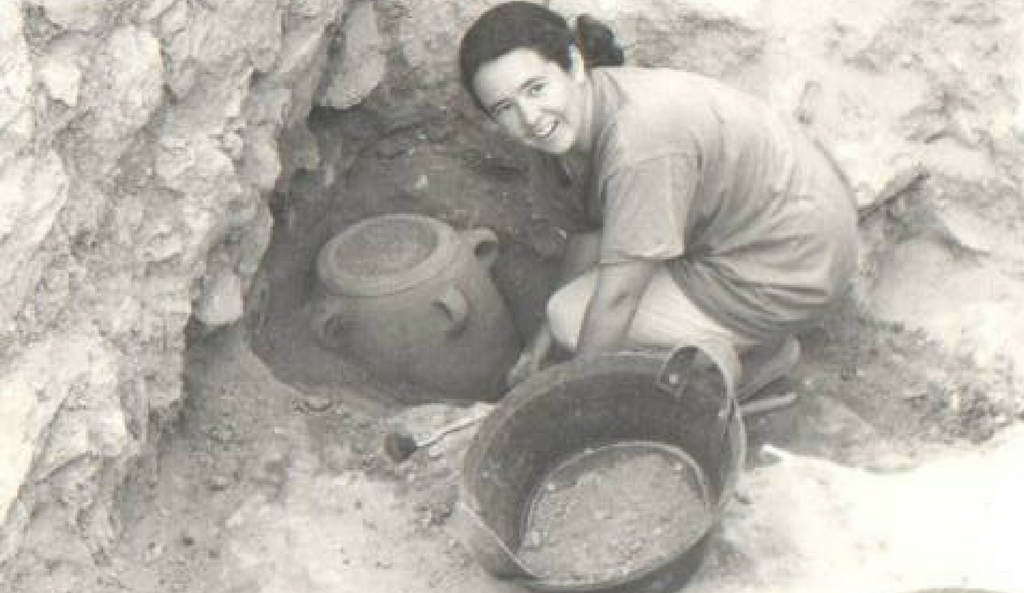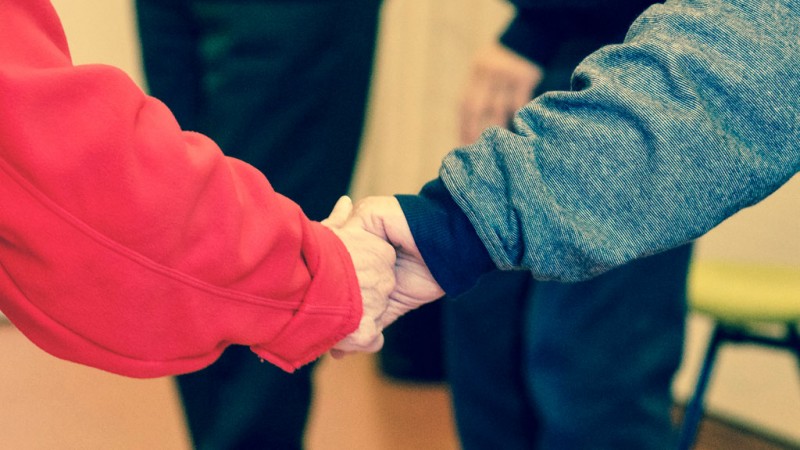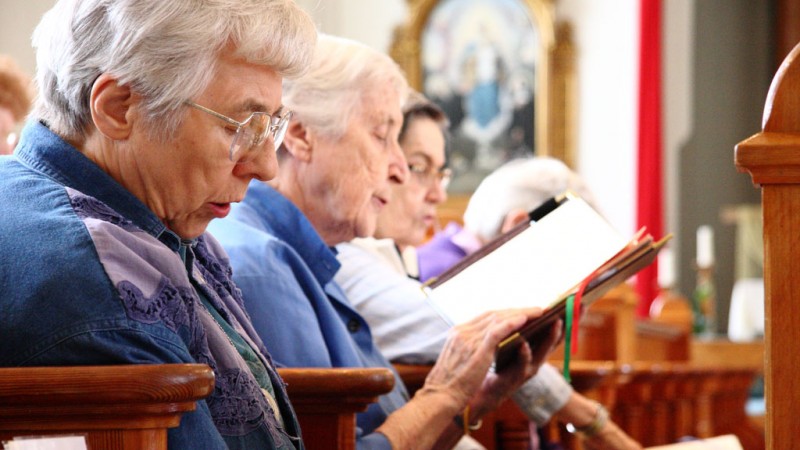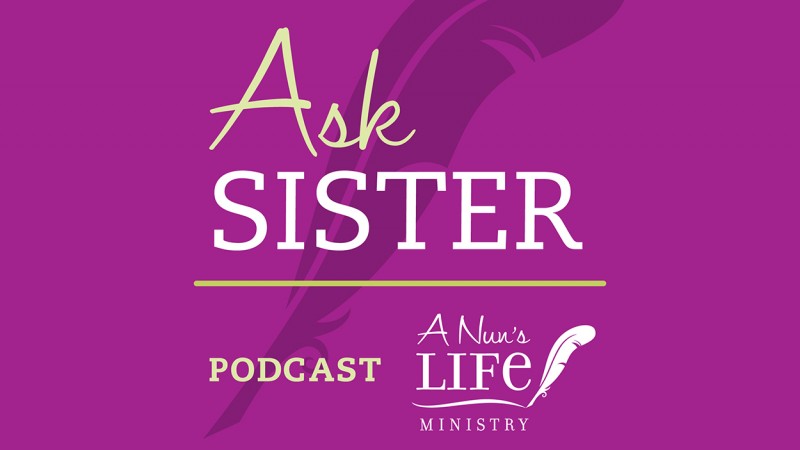
A Nun's Life welcomes guest blogger Sister Belinda Monahan, OSB, who writes about her experience of being an archaeologist and a Sister with the Benedictine Sisters of Chicago, Illinois.
I always wanted to be an archaeologist. There is a family story that I was about six years old when my mother hollered out the back door, "Belinda, it's November! If you must play in the sandbox, come back inside and put some shoes on." I went on my first excavation to Tell Safut in Jordan at seventeen and was hooked. I loved the people I met and the work we did. I didn't even mind the occasional tedium and the hot sun. I completed my PhD without ever seriously questioning whether this was what I wanted to do.
The idea of becoming a Sister emerged much later in my life; several years after I finished my degree. It seemed to me (although for almost no one else in my life) to be a bolt out of the blue. "But," I wailed to my spiritual director in one of the first meetings that we discussed the subject, "I don't want to be a teacher or a nurse." I honestly had no idea that Sisters could – or did – do anything else. The more deeply I discerned, the more I discovered the variety of ministries in which Sisters engage. When I entered the Benedictine Sisters of Chicago, it was with the idea that I would be able to continue to pursue archaeology as a ministry. I have to admit that not everyone in my community has always approved of this choice. But most now agree that it fits in well with community life. Benedictines have a long tradition of acquiring and storing knowledge, and archaeology follows that tradition. I have even been able to put it to use for the Benedictine world by cataloguing some of the historical material culture from the first Benedictine women's monastery in the United States.
Archaeological "emergencies" are rare. The animals that form the core of my research (I study animal bones in order to understand the political and social organization of past peoples) have been dead for thousands of years. They can wait awhile longer while I attend a community meeting or help another Sister. Being away from the community for a month in the summer to work in the field is a strain for both me and the community, but for the remainder of the year I can be present to the community in a way that a traditional job does not allow.
Moreover, being an archaeologist gives me an appreciation for the long span of history. It allows me to see the issues facing women religious including smaller numbers and an aging population – from a different perspective. Grounding myself in the past makes the present less alarming and gives me great hope for the future. Both archaeology and religious life share a tendency to be romanticized; the former is associated with Indiana Jones and the latter with the Sound of Music. Being both allows me to see the bigger picture behind the sometimes mundane dailiness of life and so to live with joy.
What have you felt God calling you to do?


